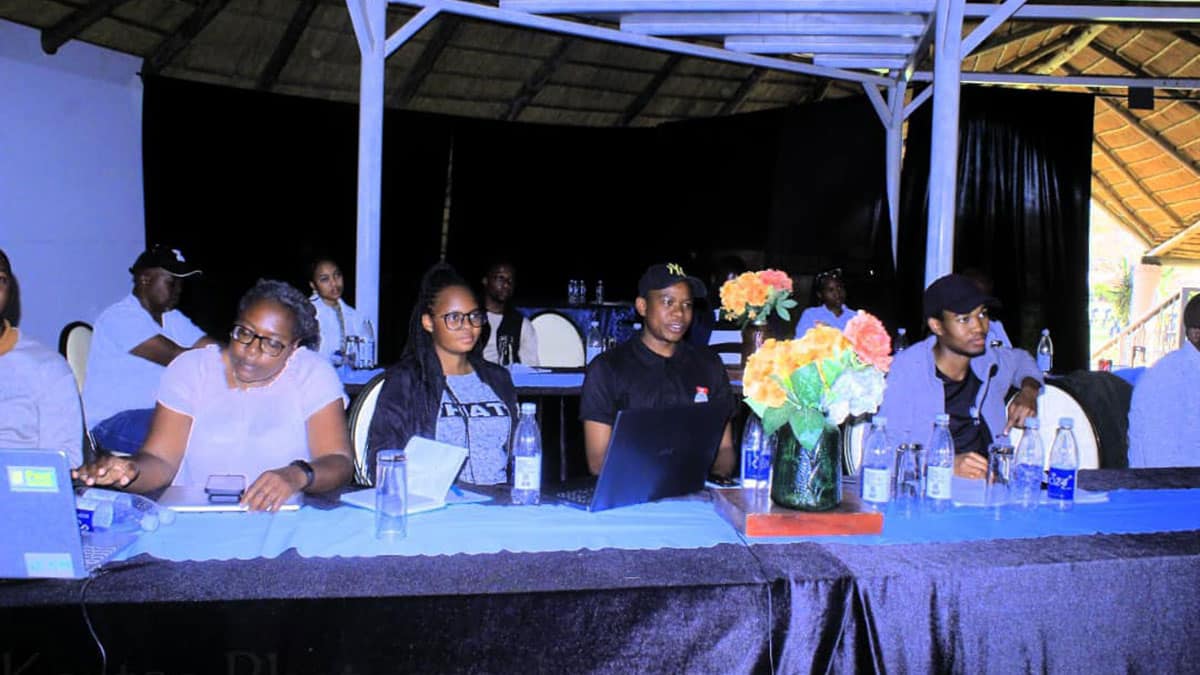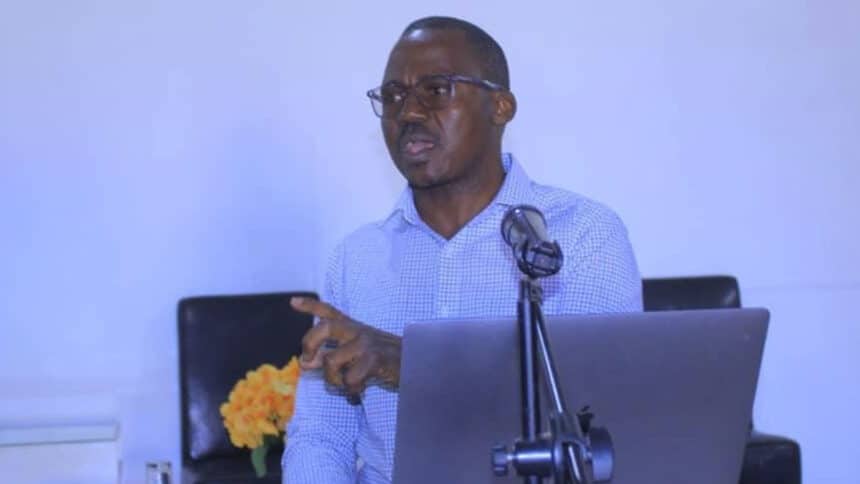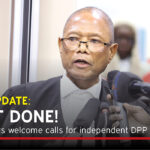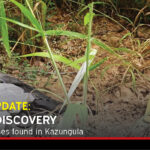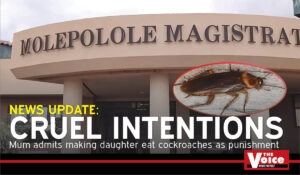The INK Center for Investigative Journalism equips social media content creators
The INK Center for Investigative Journalism recently organised a two-day training workshop at Tashy’s Royal Garden on 26th and 27th August.
The event aimed to equip social media content creators and online news editors with the necessary skills to address misinformation and disinformation, especially in the context of sensitive elections.
Sponsored by the U.S. Embassy in Gaborone, the workshop gathered over 40 participants, including social media influencers, podcasters, media students, and online editors.
Misinformation and fake news can polarize public opinion, encourage violent extremism and hate speech, and ultimately weaken democracies by eroding trust in democratic processes.
The focus of the workshop was to train content creators to navigate these issues effectively.
Media expert and trainer, Zenzele Ndebele highlighted the challenges faced by untrained journalists and content creators in distinguishing between fact and fiction, given the abundance of news sources and propaganda.
Ndebele pointed out that false information and partial truths often become viral on social media, with platforms like Facebook and WhatsApp being significant sources of misinformation in Botswana.
He advised journalists to question the motivations behind a story and verify events before reporting.
“Journalists should also confirm if the story actually happened,” said Ndebele, Director of the Center for Innovation and Technology (CiTE) in Bulawayo, Zimbabwe.
He also recommended that content creators and influencers prioritise direct interviews with sources to verify information rather than relying on secondary sources.
Ndebele encouraged media organisations in Botswana to embrace new technologies in storytelling.
Sharing insights from CiTE, he discussed how they have integrated artificial intelligence into their newsroom, including the creation of an AI presenter named “Alice,” reflecting their commitment to leveraging new technologies for improved news production and dissemination.
Veteran Zimbabwean journalist and fact-checker Lifaqane Nare of Fact Check Zimbabwe also spoke to the participants, emphasising that accurate information is crucial as misinformation can lead to poor decision-making.
She highlighted that verification is fundamental to journalism and stressed the importance of ensuring the accuracy of disseminated information.
“It is important to make sure the information we put out is accurate,” Nare stated.
The workshop attracted journalists and content producers from various parts of Botswana, including Maun, Ghanzi, Francistown, and Kanye.
Attendees also included representatives from local mainstream media, state media, and the Botswana Online Media Association (BOMA), which represents online social media content creators.
